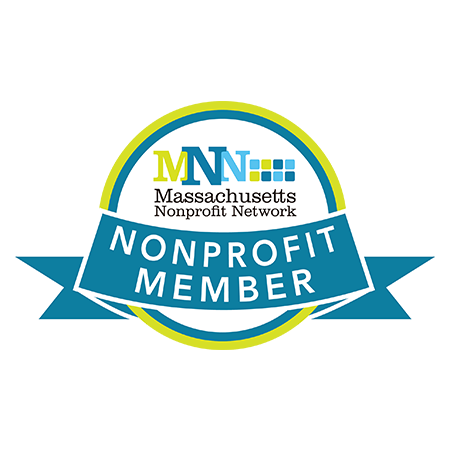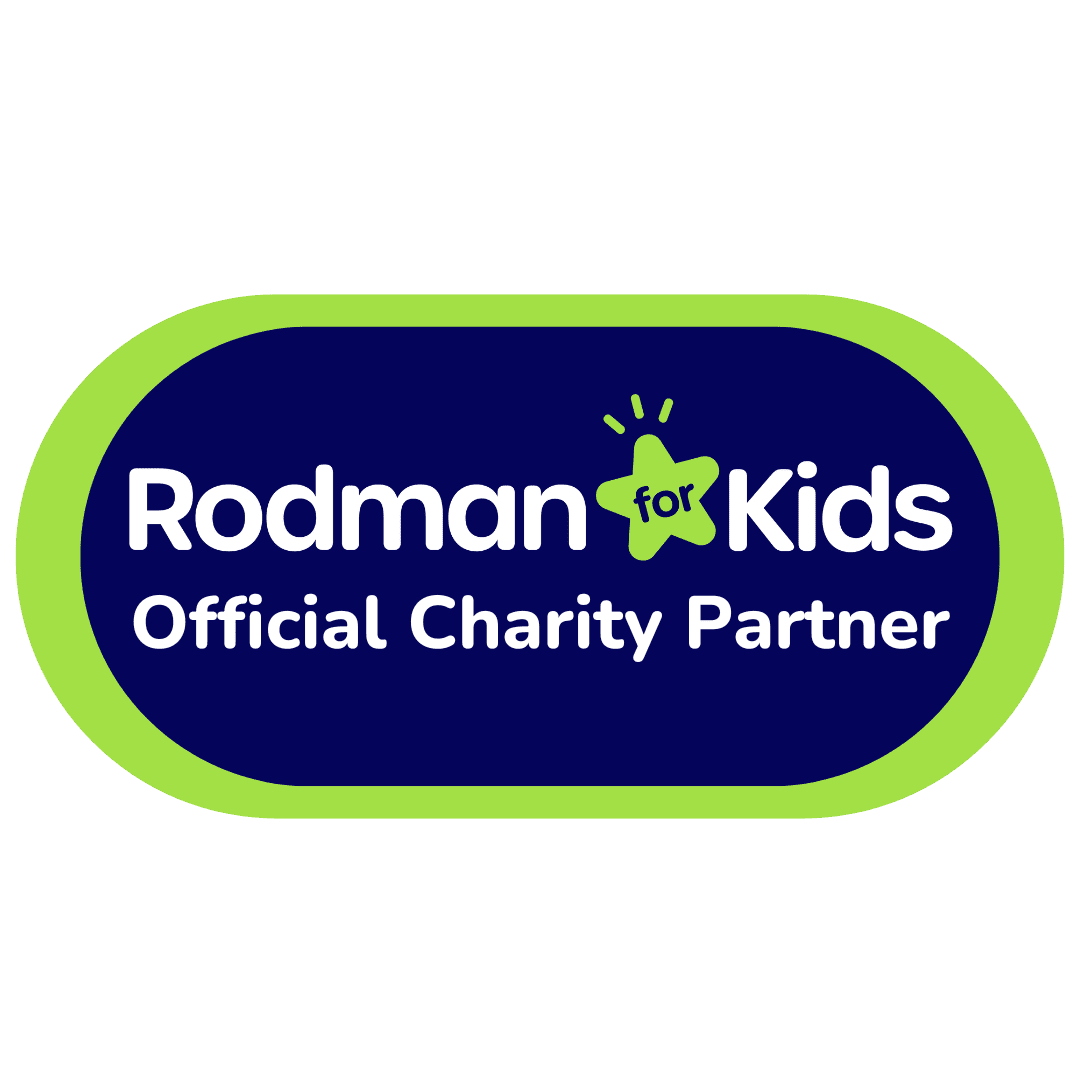- MIDDLE SCHOOL
PROGRAMS - Circles of CareGRADES 6 + 7 + 8
- Windows + MirrorsGRADES 7 + 8
- Lights, Camera, Action!GRADES 7 + 8
Circles of Care
GRADES 6 + 7 + 8
In the ThinkGive® Circles of Care program, students consider all the people and places important to them—themselves, their family, friends, and others in their larger (even global) communities—and explore how their care can strengthen these relationships. Lesson plans engage with visual and interactive activities, providing opportunities for students to share, brainstorm, and reflect. Between lessons, students take brave actions to impact others in their Circles of Care positively.
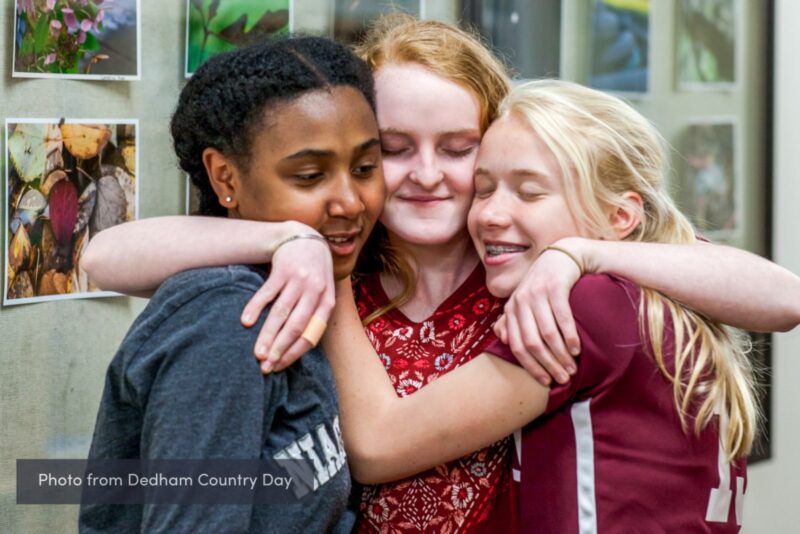
STUDENTS WILL EXAMINE
People and places that are important to them.
How they can use words and actions to care for others.
How relationships and friendships shift over time.
PROGRAM LENGTH
12-16 lessons, 30-35 minutes each.
Modify and facilitate lessons according to your schedule and student needs.
SEL SKILLS PRACTICED
Self-awareness: Integrating personal and social identities; identifying emotions; self-care; demonstrating honesty and integrity; self-efficacy; growth mindset; developing a sense of purpose
Self management: Managing emotions; self-discipline; self-motivation; goal-setting; organizational skills; personal and collective agency; initiative-taking
Social awareness: Perspective-taking; empathy; respecting others; showing concern for others; gratitude; identifying diverse social norms
Relationship skills: Communication; social engagement; collaboration; relationship-building; cultural competency; leadership; standing up for the rights of others, including the environment
Responsible decision-making: Curiosity and open-mindedness; ethical responsibility; problem identification; evaluating personal, interpersonal, and community impact
ACADEMIC SKILLS PRACTICED
Engaging in discussions with diverse partners, expressing their ideas, and building on others.
Posing and responding to questions to clarify or follow up on information.
Reviewing key ideas expressed and explaining their ideas/understanding.
Reporting on a topic or text, telling a story, or recounting an experience in an organized way, using relevant facts and details to support ideas or themes; speaking clearly at an understandable pace.
Writing and verbally expressing opinions on topics, supporting a point of view with reasons.
Learning the meaning of general academic and domain-specific words and phrases.
Using knowledge of language and its conventions when writing, speaking, reading, or listening.
Windows + Mirrors
GRADES 7 + 8
The ThinkGive® Windows + Mirrors program focuses on how we are all shaped by our interactions. Students consider their identities and broaden their understanding of the world by looking through windows to consider different perspectives and stories and learn about other people, places, and cultures. Between lessons, students are encouraged to explore the idea of Windows + Mirrors by taking action to impact themselves and others.
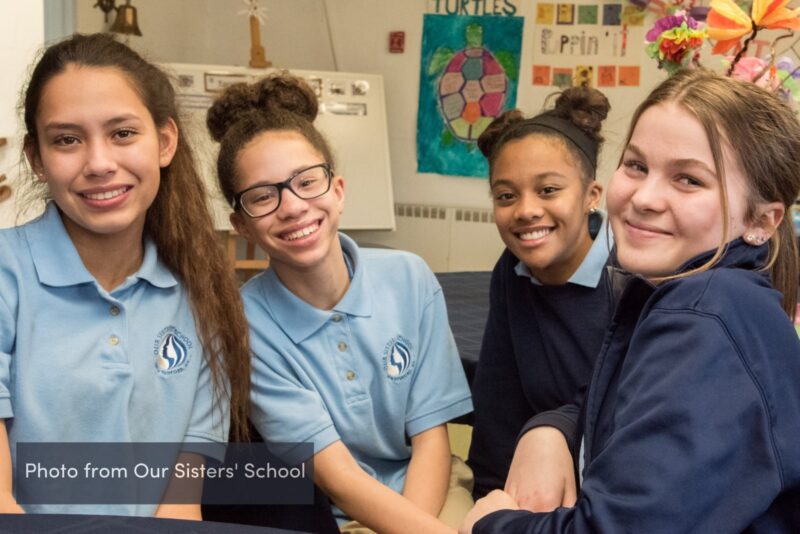
STUDENTS WILL EXAMINE
Lived experiences and interactions with others play a significant role in shaping their identities.
How words and actions can help strengthen their existing relationships and connect them with others who are different.
How looking through windows and welcoming new perspectives leads to personal growth.
PROGRAM LENGTH
12-16 lessons, 30-35 minutes each.
Modify and facilitate lessons at a pace suited to your schedule and student needs.
SEL SKILLS PRACTICED
Self-awareness: Integrating personal and social identities; identifying emotions; self-care; demonstrating honesty and integrity; self-efficacy; growth mindset
Self management: Managing emotions; self-discipline; stress management; self-motivation; goal-setting; organizational skills; personal and collective agency; initiative-taking
Social awareness: Perspective-taking; empathy; respecting others; showing concern for others; gratitude; identifying diverse social norms; recognizing family, school, and community resources and supports
Relationship skills: Communication; social engagement; collaboration; relationship-building; leadership
Responsible decision-making: Curiosity and open-mindedness; ethical responsibility; problem identification; evaluating personal, interpersonal, and community impact; reflecting
ACADEMIC SKILLS PRACTICED
Producing clear and coherent writing in which the development, organization, and style are appropriate to the task, purpose, and audience.
Engaging in discussions with diverse partners on topics, texts, and issues, expressing their ideas, and building on others.
Posing and responding to questions to clarify or follow up on information.
Determining the meaning of words and phrases in a text, including figurative, connotative, and technical meanings.
Learning the meaning of general academic and domain-specific words and phrases.
Using knowledge of language and its conventions when writing, speaking, reading, or listening.
Lights, Camera, Action!
GRADES 7 + 8
In the ThinkGive® Lights, Camera, Action! program, students see themselves as the main character in their movie, surrounded and enriched by a supporting cast and extras. They then broaden their view, exploring how everyone is the main character in their movie, living their own vivid lives and serving as the supporting cast and extras for others. Between lessons, students are encouraged to take actions to impact and connect with themselves and others.
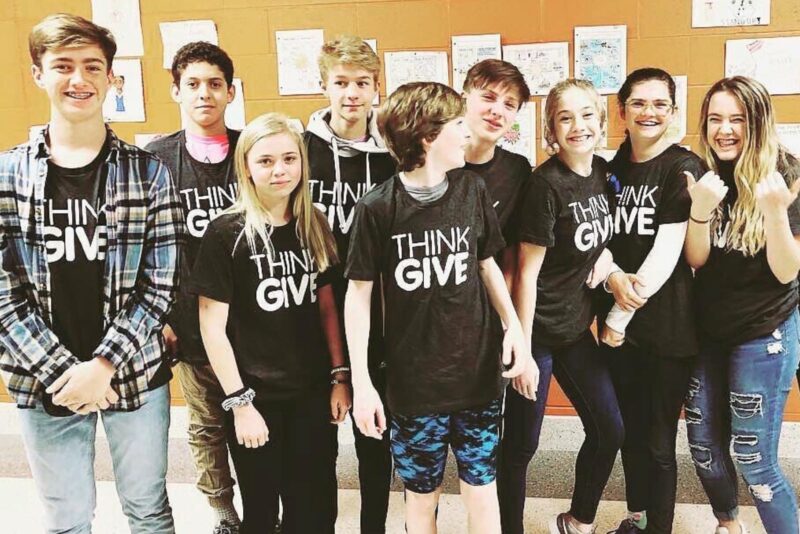
STUDENTS WILL EXAMINE
How their identity has remained the same and changed over their lives.
What is important to them?
Who are their supporting cast members and extras, and which main characters do they support?
PROGRAM LENGTH
12-16 lessons, 30-40 minutes each.
Modify and facilitate lessons according to your schedule and student needs.
SEL SKILLS PRACTICED
Self-awareness: Integrating personal and social identities; identifying emotions; self-care; demonstrating honesty and integrity; self-efficacy; growth mindset
Self management: Managing emotions; self-discipline; stress management; self-motivation; goal-setting; organizational skills; personal and collective agency; initiative-taking
Social awareness: Perspective-taking; empathy; respecting others; showing concern for others; gratitude; identifying diverse social norms; recognizing family, school, and community resources and supports
Relationship skills: Communication; social engagement; collaboration; relationship-building; leadership
Responsible decision-making: Curiosity and open-mindedness; ethical responsibility; problem identification; evaluating personal, interpersonal, and community impact; reflecting
ACADEMIC SKILLS PRACTICED
Producing clear and coherent writing in which the development, organization, and style are appropriate to the task, purpose, and audience.
Engaging in discussions (one-on-one, in groups, and teacher-led) with diverse partners on topics, texts, and issues, expressing their ideas and building on others.
Using knowledge of language and its conventions when writing, speaking, reading, or listening.
Determine the meaning of words and phrases in a text, including figurative, connotative, and technical meanings.
